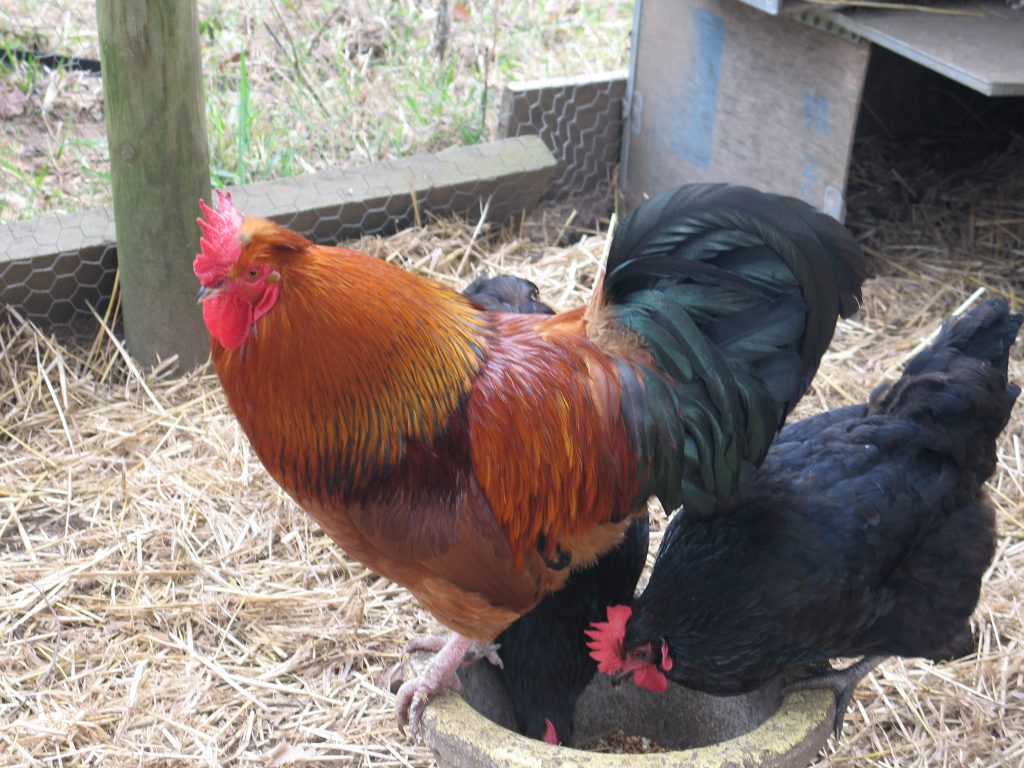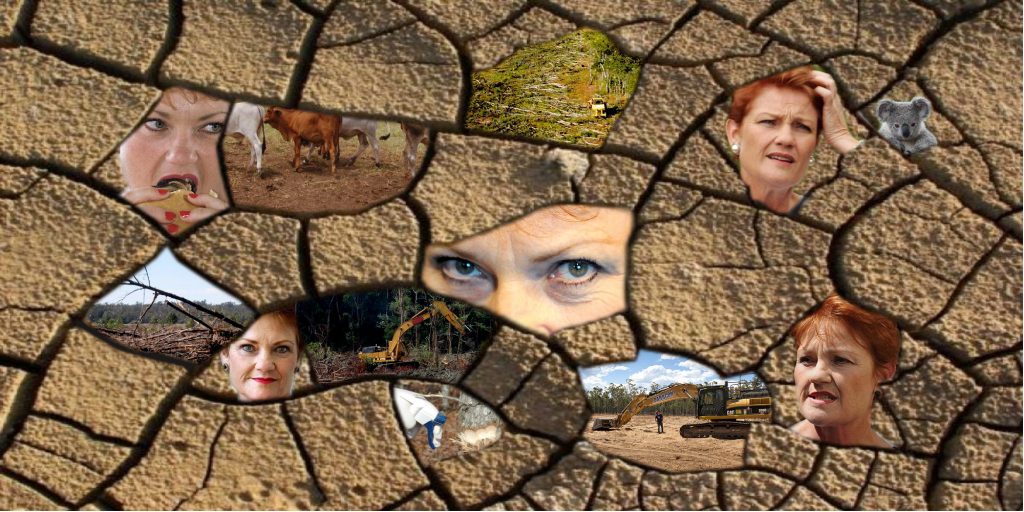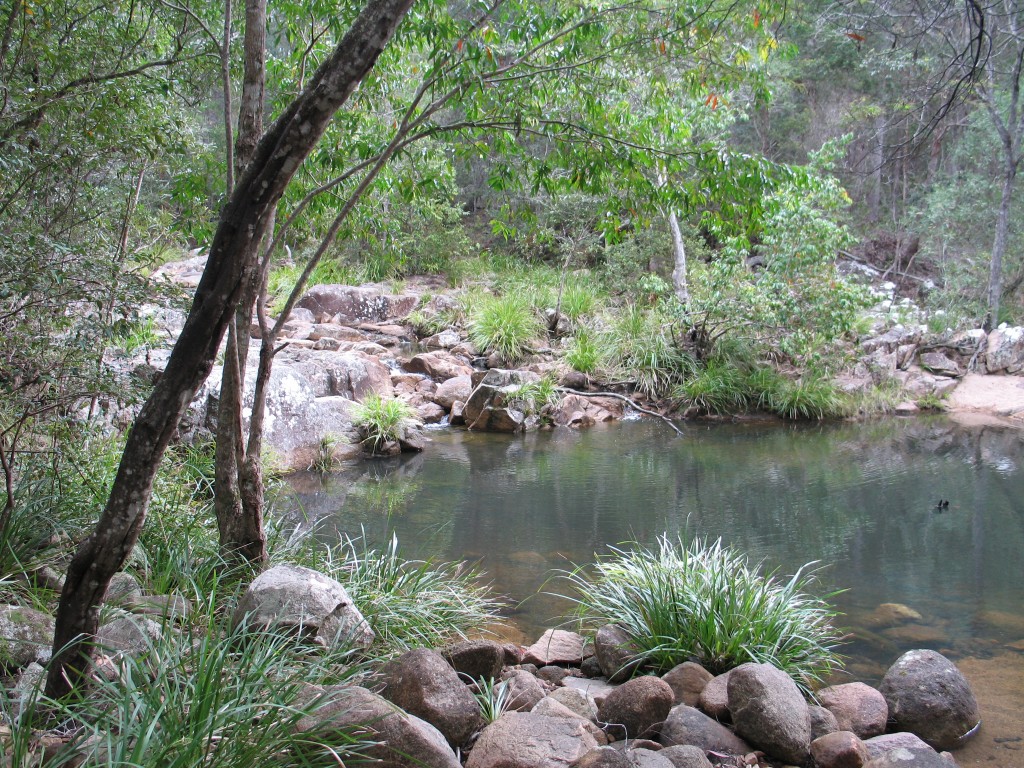Maree and I hopped off the bus and flitted up the hill to the hospital entrance. We were enchanting elves buzzing in fairyland since last night, off our faces on mescalin with our mates.
After Roger said Maree’s face was turning green, the five of us had a simultaneous silent vision where we were ripples on the surface of life and death was when one slipped down to the depths below. Roger had freaked out at the magical communion and hidden the knives.
“Noone can have a shower, it’s too dangerous,” he’d ranted.
I’d grinned at Maree who followed me outside. In the yard, hibiscus flowers glowed and shimmered. Plants flaunted their vivid inner lives to us and I never looked at them the same way since. Back inside, I found a pen and paper and invented a new language which made sense at the time. No words existed to describe the raging gamut of unfiltered experiences so I created my own.
Over brekkie, I’d persuaded Maree to visit my grandma with me. In our elevated state, this had seemed like an excellent idea.
The hospital foyer was oddly empty, though we spotted a large crowd seated outside nearby.
Upstairs we found my grandma, in there for tests. We gave her the flowers which had adopted us from various gardens on the way.
“What’s with all the people outside, Grandma?”
“Oooo, didn’t you know, Prince Charles is here, he’s reopening the hospital. They’re changing its name to his.”
“Has he given it any of his loot to deserve this?”
Being stolidly Scottish, Gran was no royalist and she smiled at my cheek.
“I don’t know, dear, why don’t you go down and ask him?”
We all laughed.
“OK, Gran, we’ll go and have a look. See you in a minute.”
Through the hospital labyrinth, we wandered in the general direction of the grand event.
“Maybe if we find the right route, we can sneak up behind him,” Maree suggested.
Entering a glassed-in area at the end of a corridor, we spotted the Prince’s entourage, fierce looking blokes in dark suits who were probably MI6 and a couple of heavily made-up blonde women squeezed into tight Dior jackets and matching skirts, along with some press photographers and journalists straggling about.
All eyes were fixed on an open door through which we could hear the Prince’s speech indistinctly. We were invisible.
“Hey, it’s February the 29th,” I whispered, “isn’t there an old tradition if someone asks a bloke for their hand in marriage on a leap day, they have to accept?” I stifled a snigger.
“Oh yeah, please, let’s do it.” Maree was my besty and up for anything.
“Hey if I distract them, you can just walk up to him and give it a go, Maree. What have we got to lose, we’re just two ditzy sheilas. Noone’s going to mind.”
Yeah right. The inflated sense of invulnerability from the opened doors of perception hadn’t worn off.
We moved closer. Noone noticed us.
Then I saw him. Or rather I saw his ears which stuck out like ping pong bats on each side of his long head.
Forget the title and the easy life a prince could offer. No way was I going to propose to that.
“Hey, Maree, imagine waking up next to those every morning.”
Too late, she was heading for the verandah and the Prince.
He’d finished his speech and everyone was clapping. Maree ran toward him, tripped over and slid into an ungainly heap at his feet.
“Goodness, dear, are you alright?”
The Prince grasped her arm and pulled her to the vertical.
Maree was speechless. Come on, say it, say it.
Nothing.
She turned beetroot, stammering sorry noises as he led her back inside.
“It’s OK, she’s with me,” I volunteered, unable to wrench my eyes off his monstrosities.
“I’m Wendy and this is Maree. You have to be Prince Charles. We’re here to see my Gran and found out you were here too. We’ll just go back to Gran’s ward now.”
Maree had lost her tongue still. The Prince looked at her quizzically.
“Come on, Maree, looks like you won’t be royalty after all,” I said.
Then I addressed him.
“Charles, is it true if we propose marriage to you on a leap day you have to accept?”
The Prince guffawed.
“Are you British?”
“Errr no, your Earness, I mean, Highness.”
“Only British commoners may apply.”
Common? he called us common!
“Come on Maree, we’re out of here. Now.”
We beat a hasty retreat up to Grandma who cackled so hard at our fiasco, she upset the rest of the patients.
“Thank goodness you couldn’t propose and be accepted. I couldn’t bear those parasites in the family. You know they stole our family’s estate outside Edinburgh centuries ago. The sooner we’re a republic here, the better, I say.”
“Damn, Gran, I forgot to ask him whether he donated money for the privilege of naming the place after him.”
Gran passed away a few months later. She showed me how to die well, with our royal adventure providing her with a good laugh till her time came. The night after she died, I saw her in a dream, dressed like a duchess on an ornate balcony above a Venetian canal, smiling and waving at me.
Jinjirrie
April 2021
— AllAussieAdventures (@brsch1250_brian) September 9, 2022
The fawning ruling class is unrelenting
flogging imperial white supremacy,
let them eat cake and let them freeze
there's fortunes to be made from Chucky 3. #RepublicNow— Jinjirrie ??? (@Jinjirrie) September 9, 2022
COMMEMORATIVE HAIKUS
Colonizer dies
Servile press feasts on carcass
Chucky takes the spoils
Queen dead on Day 2
Turn on the TV and yawn
Not this shit again
Chucky the Turd drools
elevates Willy of Wales
bye Mummy and thanks
Chucky inherits
Britain’s imperial loot
Time to pay it back
Coronation glee
Aussie Parliament
goes on holiday
Two weeks holiday
For bludging Aussie pollies
One day for voters
White supremacists
Flying colours on Day 4
Lambie loves Hanson
Relief on Day 5
Back to normal programming
The Rabbitohs won
Protest monarchy
In “democratic” Britain
And you’re thrown in jail
No truth to power
Permitted in the UK
Dissent is silenced
Slick role of the Crown
Uniting supine peasants
to serve ruling class
Caitlin Moran breach
Bow to the coloniser
Or pay settlers’ fine
F*ck imperialism
Abolish the monarchy
Crush the ruling class
Nine million is
Funeral money well spent
To conceal the poor
People freeze and starve
While lucky Chucky 3 skips
Inheritance tax
British monarchy
Still miscegenation rules
Absolute whiteness
Distracting freebie
Coffin queuing for twelve hours
Forget power bills
Today’s top idea
The little Aussie bleeder
On the pink snapper
Return the jewel
Apologize for empire
Theft and genocide
The ABC sends
Twenty-seven journalists
to bootlick England
Under Ita’s reign
Public broadcaster becomes
Women’s Weekly drool
Even Stan Grant is cross
Aboriginal people
Silenced by settlers
Royal death orgy
Media funeral feast
Orgasms today
The cortege commences
Time to watch horror movies
And sci fi instead
Lisa Millar drools
Outside Westminster Abbey
toxic royalty
Another day bored
By slathering media
Forcefed royalty
Interminable
Grovelling sycophancy
To unearned loot
Meghan Markle shines
Racist royalists demand
White supremacy
Public holiday
To be flooded by deluge
We may as well work
In memoriam
Of her complicit silence
With empire’s foul crimes
No holiday here
Just solemn contemplation
of Frontier Wars
Ghoulish media
Gobbling scraps of royal corpse
Winter is coming
#QE2Haiku
#ChuckyHaiku
#NotMyKing








 With more than
With more than